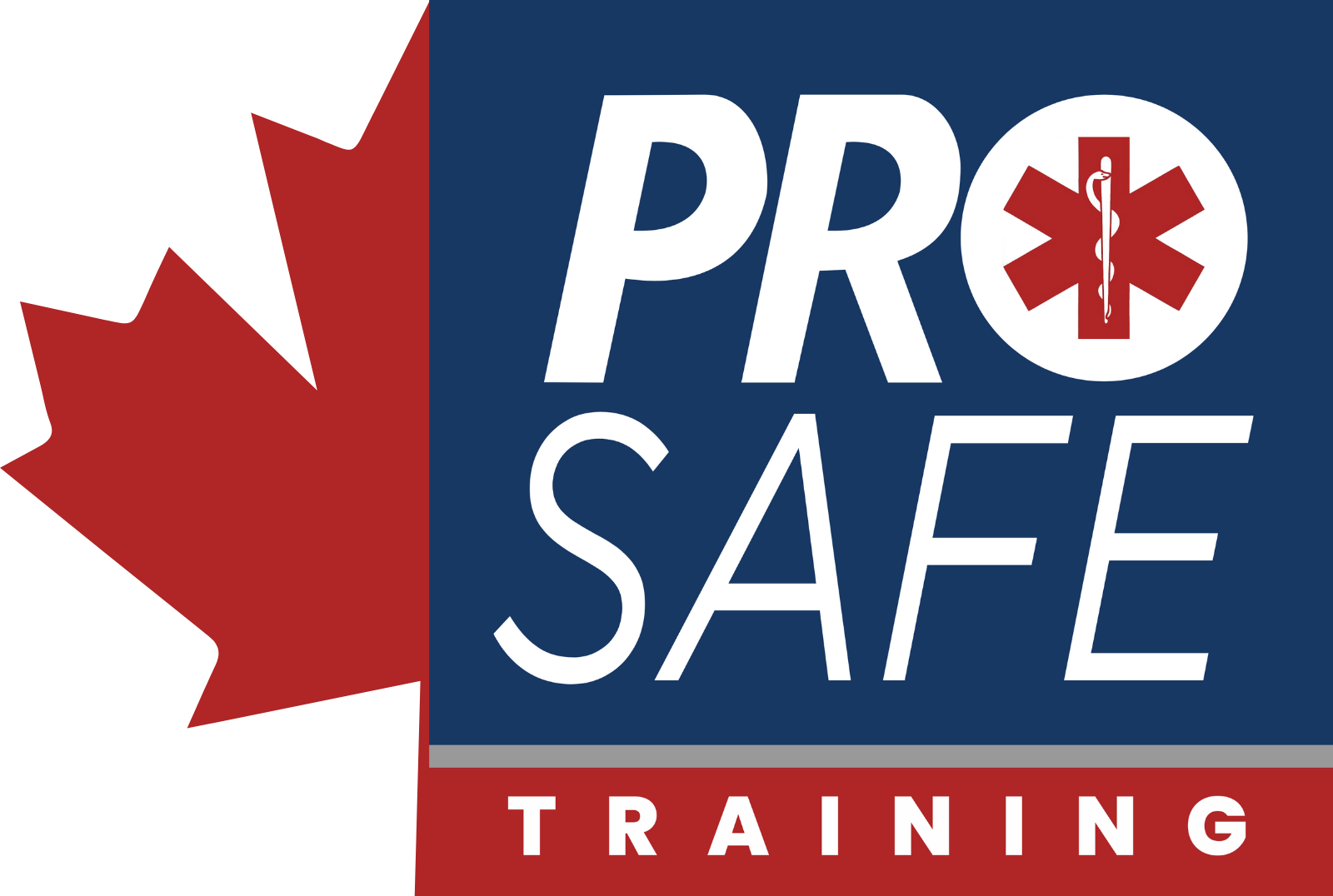Best Practices for Construction Safety Officers

The construction industry is a high-risk environment where accidents and injuries can occur if proper safety measures are not implemented. This is why construction safety officers are critical in ensuring that workers are following established policies and safety regulations of a job site. In this blog, we will discuss the importance of training and certification for construction safety officers in British Columbia.
What is a Construction Safety Officer?
A Construction Safety Officer (CSO) is responsible for developing, implementing, and enforcing policies that reduce the risk of accidents in the construction industry. They ensure that workers follow established policies and safety regulations on job sites. They are also responsible for determining what policies are needed and how they will be enforced.
The Role of a CSO
Construction Safety Officers play a vital role in the construction industry. They are responsible for creating and maintaining safe working environments for workers. They must ensure that workers follow all safety regulations and policies, and they are the first line of defense in identifying and mitigating potential hazards.
CSOs also perform various duties, including conducting site inspections, performing risk assessments, writing safe work procedures, instructing and training workers, managing injury reports, and conducting accident investigations.
The Importance of Training and Certification
Training and certification are essential for anyone who wants to become a Construction Safety Officer. At ProSAfe, the CSO training program is delivered in partnership with Safety Central and approved by ASTTBC. This program is designed to provide students with the skills and knowledge necessary to become successful CSOs.
Communication skills are emphasized in the program, as students learn how to record, track, and communicate required statistics and due diligence evidence. They also learn to record site activities and produce reports capable of tracking person-hours, injury statistics, site orientations, accident investigations, safety meeting minutes, toolbox talks, and risk assessments.

The key content covered in the Construction Safety Officer training program includes:
- Vancouver Building Bylaw
- Workers Compensation Act
- Occupational Health & Safety Regulations
- BC Fire Code
- Health and Safety Programs
- Conducting Risk Assessments
- Writing Safe Work Procedures
- Instructing and Training
- New and Young Worker Orientations
- Performing Site Inspections
- Managing Injury Reports
- Accident Investigations
- Confined Space Procedures
- De-energization and Lockout
- Excavations and Shoring
- Fall Protection
- Concrete Construction
- Electrical Safety
- Cranes and Hoists
- Traffic Control
- Emergency Response Planning
By completing the Construction Safety Officer training program, students will be equipped with the necessary skills and knowledge to make a real difference in the construction industry. They will be able to identify and mitigate potential hazards, reduce the risk of accidents, and ensure that workers are following established policies and safety regulations on job sites.
In conclusion, construction safety officers play a vital role in the construction industry by creating and maintaining safe working environments for workers. Proper training and certification are necessary for anyone who wants to become a successful CSO. If you are interested in pursuing a career in construction safety, we encourage you to consider the Construction Safety Officer training program.
Author: Jessica Correa
